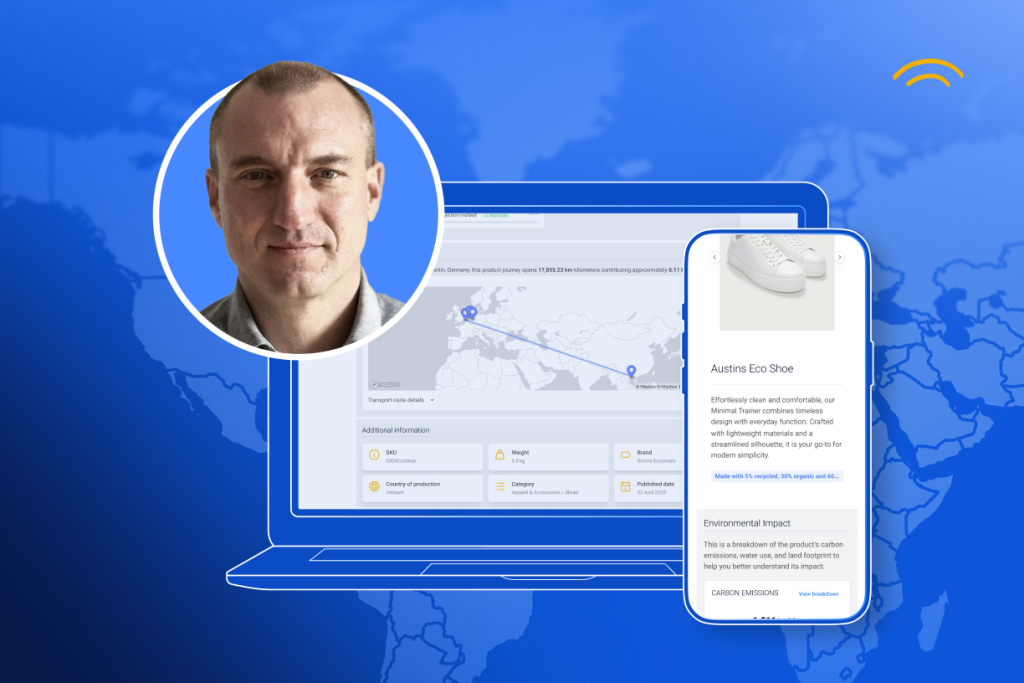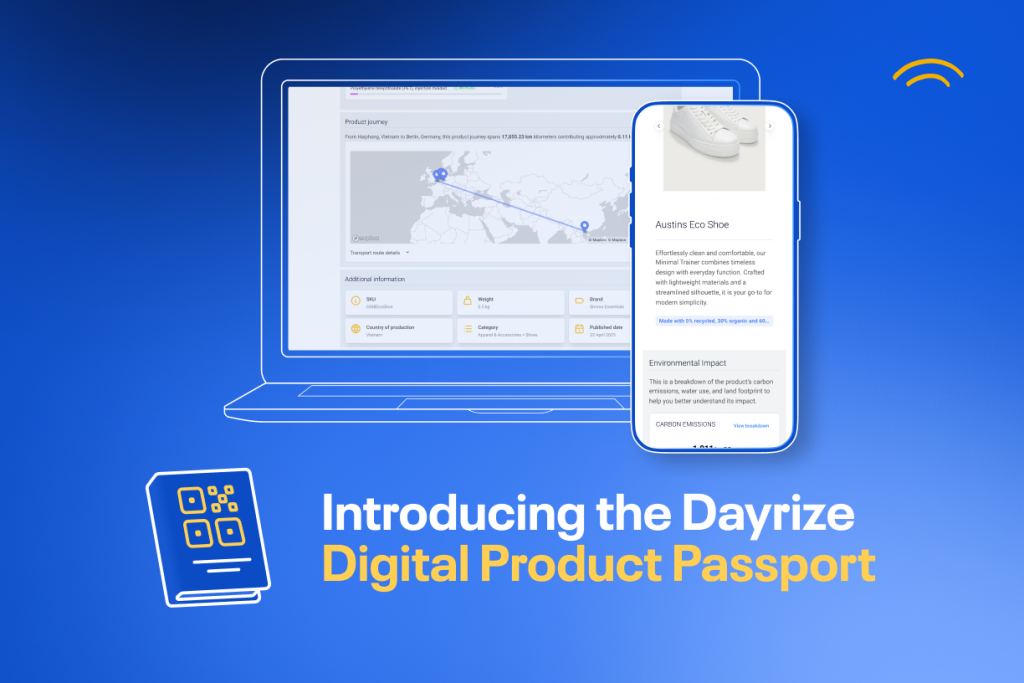
Today’s consumer is more empowered and conscientious than ever, recognizing the impact of their choices on the planet. Sustainability has become an expectation. From groceries to fashion, tech to travel, people are asking deeper questions about the products they buy: Where did it come from? What’s it made of? What impact does it have on the environment and society?
This shift in consumer behavior is a wake-up call for brands to become more transparent, responsible, and innovative. For businesses willing to evolve, this is a powerful opportunity to lead the transition toward conscious consumption.
In this article, we explore how consumer sustainability trends are driving innovation, and how digital tools are enabling both brands and buyers to make smarter, impact-driven choices.
The Sustainability-Conscious Consumer: What’s Driving the Change?
A wave of sustainability awareness is sweeping through global markets, and the data is clear, with more than half of Gen Z and millennials willing to pay more for sustainable products.
Transparency and traceability are now key purchase drivers, especially in categories like apparel, food, and beauty.
Whether it’s plastic-free packaging, fair labour practices, or reduced carbon footprints, today’s shoppers expect more. Social media, influencer advocacy, and environmental reporting have made it easier for consumers to hold brands accountable and, as a result, to reward those who demonstrate authentic commitments to sustainability.
From Demand to Differentiation: How Brands Are Responding
Forward-thinking companies aren’t just reacting to sustainability trends, they’re building their strategies around them.
Brands across sectors are innovating to meet evolving consumer values. Fashion brands are introducing circular collections made with recycled or regenerative materials and enabling garment take-back schemes. Cosmetics companies are developing clean-label formulas free from harmful chemicals, with full ingredient transparency and refillable packaging. Food and beverage businesses are sourcing locally, reducing food waste, and sharing carbon impact scores directly with consumers.
The Tools Powering Transparency for Eco-Conscious Consumers
Today’s shoppers want more than a green label, they want to know exactly how a product impacts the planet, where it comes from, and whether it aligns with their values.
The good news? A new generation of digital tools is making this easier and more scalable than ever. Here’s how brands are using technology to meet rising consumer expectations and drive sustainability forward:
Product-Level Impact Intelligence
Modern impact assessment tools give brands the ability to calculate and communicate product-level environmental and social impacts with precision. From carbon footprint and circularity to water use and worker livelihoods, these data-driven insights help companies turn complex information into clear, consumer-facing sustainability claims, enabling smarter choices at the point of sale.
QR-Enabled Digital Product Passports (DPPs)
Smart, scannable product passports are transforming the way brands share product stories. With a quick scan, customers can access real-time data on materials, country of origin, certifications, and environmental impact. No more vague claims,just verified, up-to-date information that informs consumers and builds trust at scale.
AI-Powered Personalisation and Discovery
AI-driven engines are now enabling brands to guide consumers toward lower-impact alternatives that still match their preferences. Whether it’s recommending more sustainable fashion items or cleaner beauty products, these tools are simplifying decision-making and turning good intentions into tangible action.
Digital Product Passports: Building Trust Through Transparency
As consumers demand greater visibility into the impact of the products they buy, Digital Product Passports (DPPs) are emerging as a vital tool for brands seeking to build trust and demonstrate accountability. These smart, scannable profiles provide a complete snapshot of a product’s journey, detailing what it’s made of, where it comes from, and its impact.
Unlike traditional product labels or static sustainability claims, DPPs deliver real-time, data-backed information accessible through a QR code or digital link. This includes material composition, country of origin, certifications, carbon footprint, recyclability, and more.
For consumers, DPPs offer clarity and confidence in their purchasing choices. For businesses, they provide a structured, scalable way to communicate sustainability performance, meet regulatory standards, and deepen engagement with conscious shoppers.
We’ve recently launched a Dayrize DPP solution to support brands in meeting these growing expectations. Fully aligned with the upcoming EU regulations, our platform enables businesses to automatically generate live, QR-enabled passports using existing product and impact data, helping simplify compliance while advancing transparent, responsible commerce.
“With our new DPP product, compliance is literally one click: we take the rich product and impact data we already collect for every SKU, automatically generate a fully certified passport, and serve it up through a simple QR code or shareable link. No extra surveys or a third-party patchwork of different software providers required.”
— Austin Simms, CEO and Co-Founder, Dayrize
Austin Simms
Co-Founder
Dayrize
Sustainability Is the New Standard
The rise of sustainability-conscious consumers is not a passing trend but a structural shift in how people think about value, responsibility, and the future. Businesses that lean into this transformation are not only earning consumer trust but also building resilience and relevance in a changing world.
Ready to meet the next generation of conscious consumers? Book a free demo today and see how Dayrize can accelerate your climate leadership.

